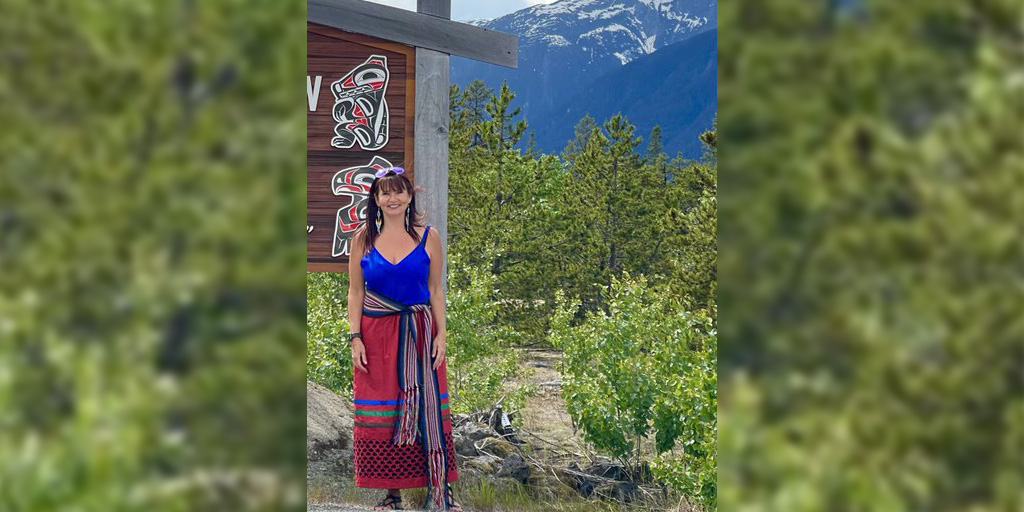Since 2021, Canadians have been commemorating National Day for Truth and Reconciliation every year on September 30. The day honours the children who never returned home and the survivors of residential schools, as well as their families and communities.
For Dr. Jennifer Mervyn, a registered psychologist with expertise in decolonizing Western approaches to psychology and therapy and recovering from trauma and toxic stress, recognizing this day is a step in the right direction on the journey to healing.
“We have to talk about this. We cannot keep it secret,” she said during an interview with MSL in September. “We have to be able to have validation in order for us to truly heal from trauma. This is one of the ways that Canada can start to do right is by validating, acknowledging our history and what has happened.”
In honour of the National Day for Truth and Recognition, Mervyn spoke to MSL during a virtual event about the cultural practices that promote wellness and benefit brain health, as well as Indigenous ways of knowing that can help reset your nervous system.
In the wake of the discoveries of the remains of hundreds of children at various former residential schools across Canada in recent years, Mervyn said the intense attention from the public and the media has been a double-edged sword for Indigenous communities when it comes to recovery from generational trauma.
“The incredible pain, distress, and even acute symptoms that people are experiencing because of it is really traumatizing, especially right now, post-COVID, our mental health resources are so overwhelmed and so taxed for many types of service. We're facing lengthy waits for people. So, it's very retriggering,” she said. “But is it necessary and essential? Absolutely. We are not going to begin to heal Indigenous People until we have public acceptance, until we have the truth out.”
On a personal level, the news of the first discovery of the remains of 215 children at the Kamloops Indian Residential School in 2021 in B.C. really affected Mervyn because years ago she had conducted a session with teenagers in that very building.
“I walked through some of those rooms with 13-,14-, 15-year-olds that would literally tell me ‘My auntie got raped in this room. She told me the story,’ or ‘My uncle was beaten. He thought he was going to die in this space that we're standing in right now.’ It felt so haunted and so sad even then, so when it first came out it hit so, so hard,” Mervyn said.
Within her family, Mervyn said she’s had painful but important discussions with her three children, who are Cherokee-Muscogee on their father’s side and Metis on her side, about the discoveries, Canada’s history of residential schools, and what it means to be Indigenous today.
“I really wanted them to have a different experience of knowing who they are, where they were from, and to be proud of that part of their ancestry, to stand proud for the next generation,” she said.
Mervyn said she believes that everyone, not just Indigenous People, can benefit from talking about traumatic experiences and confronting those feelings.
“If we work on ourselves as colonizers, or the colonized, if we work on our own personal healing journey, and we're the healthiest version of us, that actually makes our brains really readily available to be compassionate, kind, decent, loving to other people. And isn’t that what we’re trying to do in our families and society and communities?”
---
Former residential school students can call 1-866-925-4419 for emotional crisis referral services and information. Indigenous peoples can also go to The Hope for Wellness Help Line for counselling and crisis intervention
